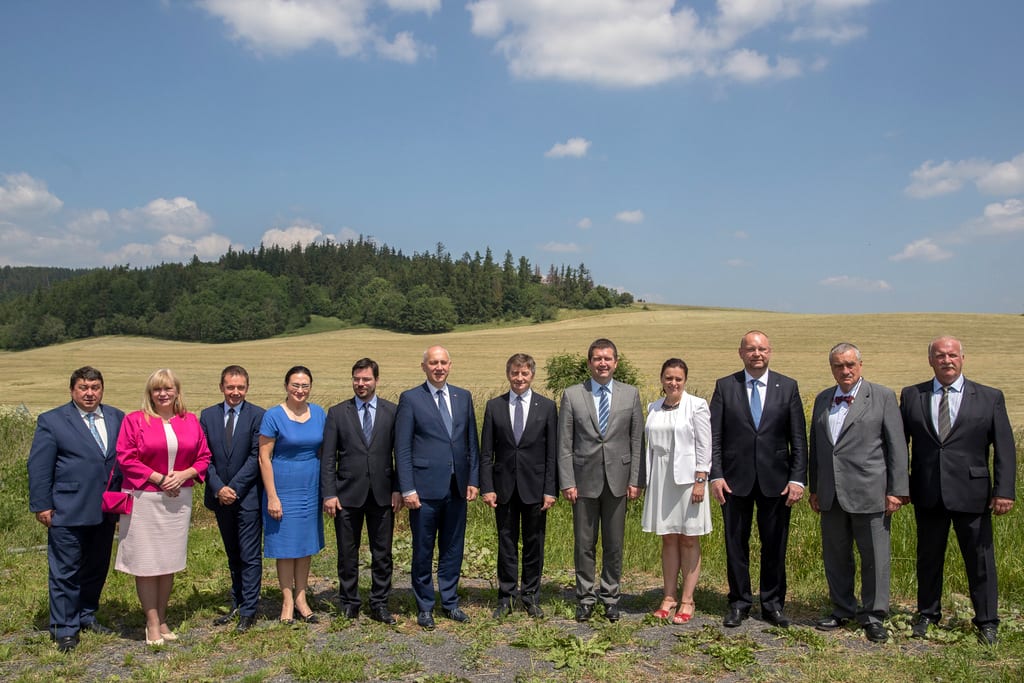
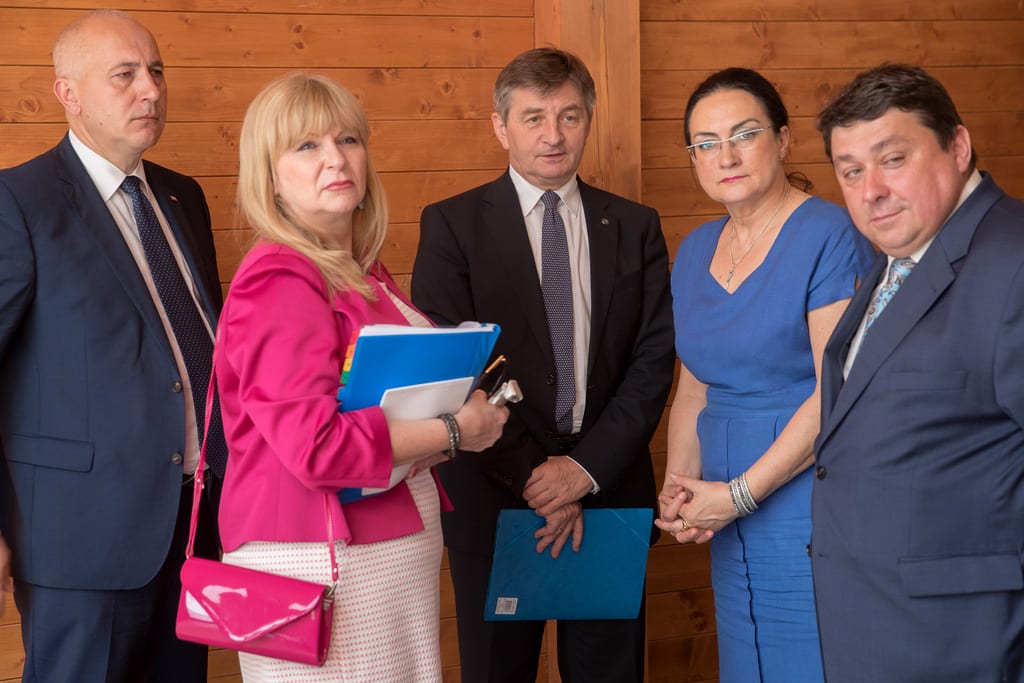
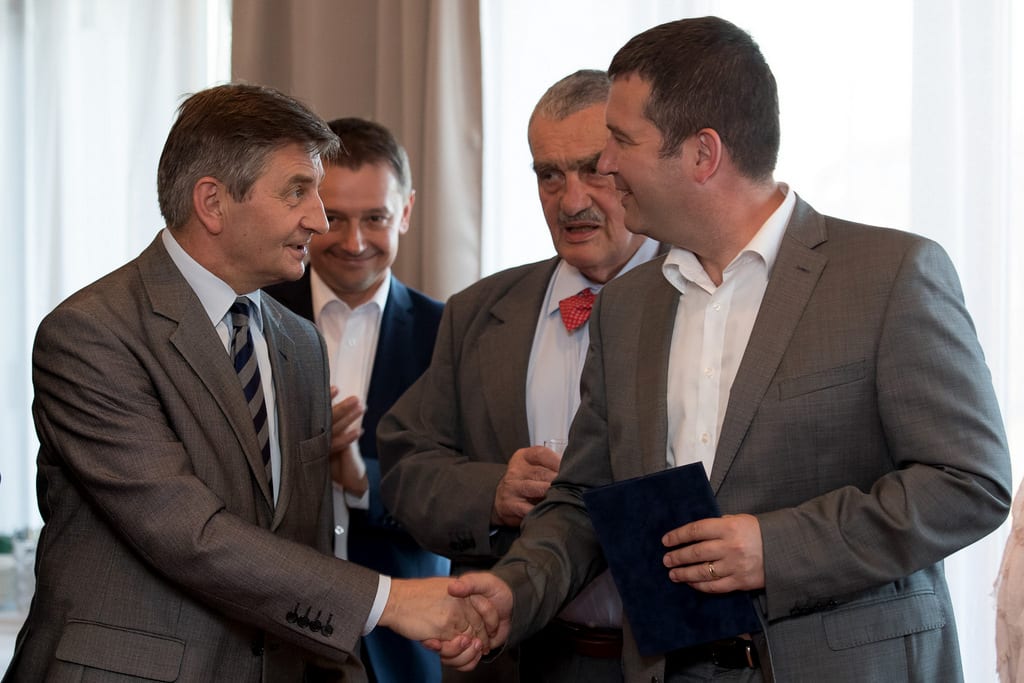
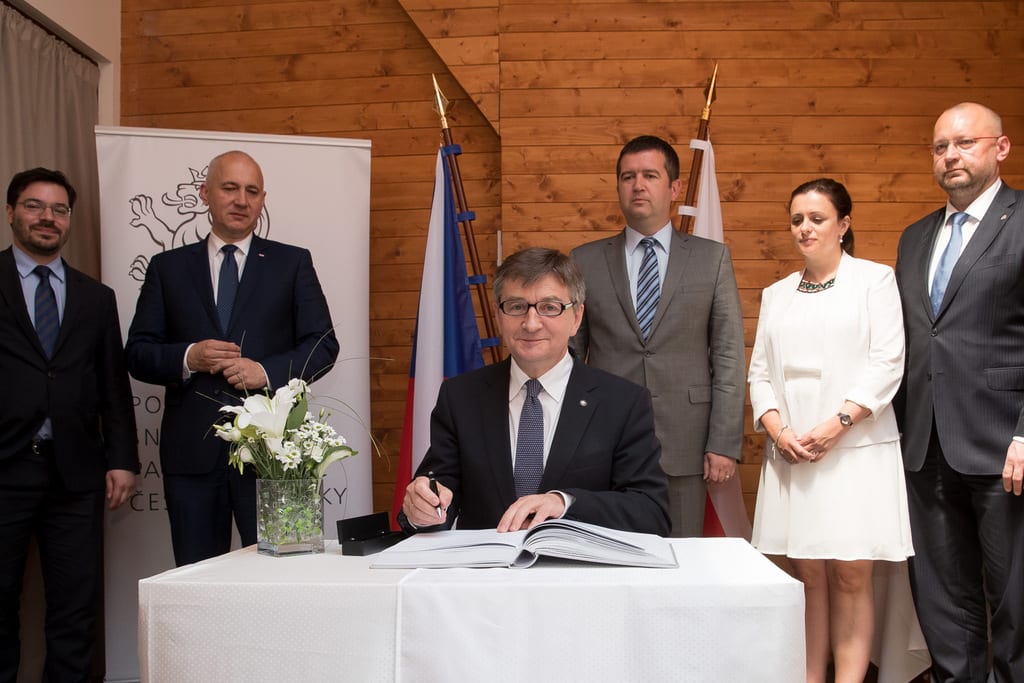
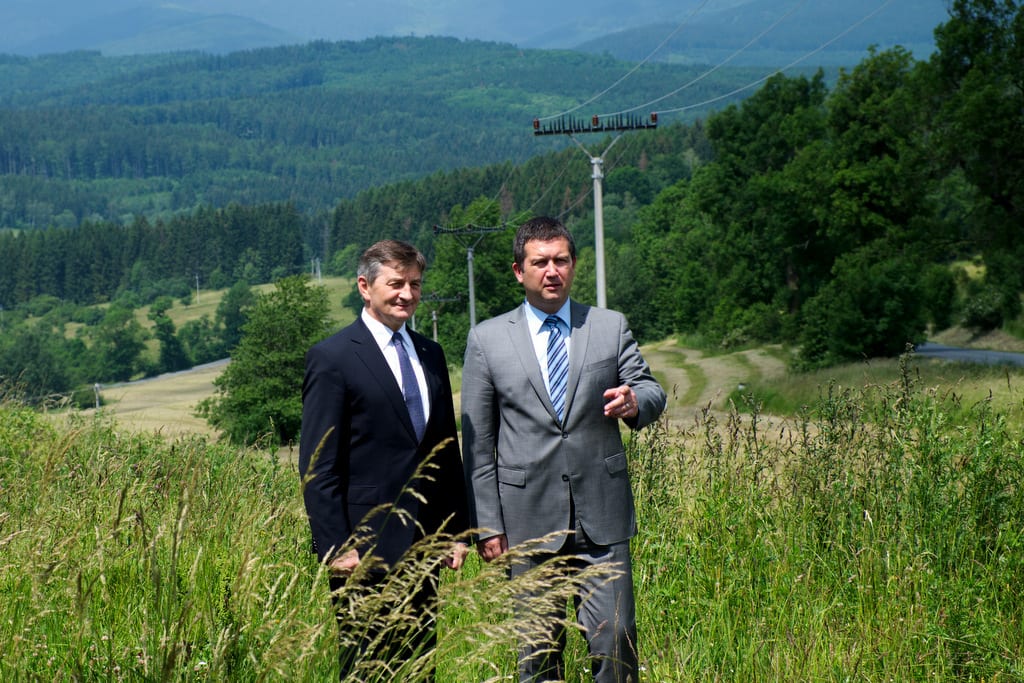

The joint meeting of representatives of the presidiums of the Polish Sejm and the Czech Chamber of Deputies in Dolní Moravice (June 23-24) was an opportunity to raise topics, i.e. the future of the European Union, especially in the context of Britain's exit, the Rome Declaration, migrants and refugees, or the Polish presidency of the Visegrad Group (V4), which will now become particularly important due to Brexit.
According to the Speaker of the Sejm, "Our first priority is to strive for the V4 to act and speak with a common voice in the EU, and this, so far, is being realized in essentials. The second pillar of Poland's presidency is to be the coordination of joint work in Central and Eastern Europe.
Next are measures to enhance the security of NATO's eastern flank and promote the Visegrad Group in the societies of member states. These should serve to strengthen communication between our countries and improve transport infrastructure, in the area from Scandinavia to the Adriatic."
Referring to Brexit, the Speaker said: "We respect the sovereign decision of the United Kingdom, but this situation requires us to act very intensively. The time has come for deep reflection on the functioning of EU institutions. We should look for solutions to weaken the currents of reluctance towards the EU, and strengthen integration. The key word in this situation is compromise. In light of Brexit, the concept of a Europe of solidarity but sovereign states gains great importance. All of them, regardless of their size, should be treated equally, according to the old principle: free with free, equal with equal, noble with noble."
Speaker Kuchcinski also noted that there are four levels of debate in Europe: "The first is the institutional plane, where the EU model is built. We are answering questions about what this Union should be: whether it should exist as a federalized state, a super-state, or some form of international organization that includes individual states. Cooperation between EU states is based on treaty provisions, the principle of subsidiarity. Through discussion, we seek compromise, respecting the distinctiveness of each of these states. The second, very important level, concerns the question of competence. It is about the competence of institutions, i.e. the European Parliament or the European Commission. One of the main reasons for creating the Brexit situation is the functioning of these institutions, which consequently leads to the assumption of the powers of the authorities of the states."
According to the Speaker of the Sejm, the recipe for healing the Union is to return to the spirit of the Lisbon Treaty. "We should return to the slogan of the ending Dutch presidency, which says: EU what is necessary, national what is possible. And this flows directly from the principle of subsidiarity, but it indicates that we should, also as parliaments, propose to clarify the records of the competencies of the various EU institutions. This means that our parliaments should make greater use of our capabilities and influence the policies of the European Parliament." - he said. Speaker Kuchcinski stressed that a compromise must be found between preserving the traditions of the nation-states of our culture and realizing that the positions of political factions will grow in the EU; social democrats, freedom parties, liberals, conservatives and others. "We must come to a compromise through frequent discussions and exchange of views. Otherwise, we face a radicalization of sentiment and the issue of migration, rigid quotas, which will be the buzzword for a new Brexit," he argued.


